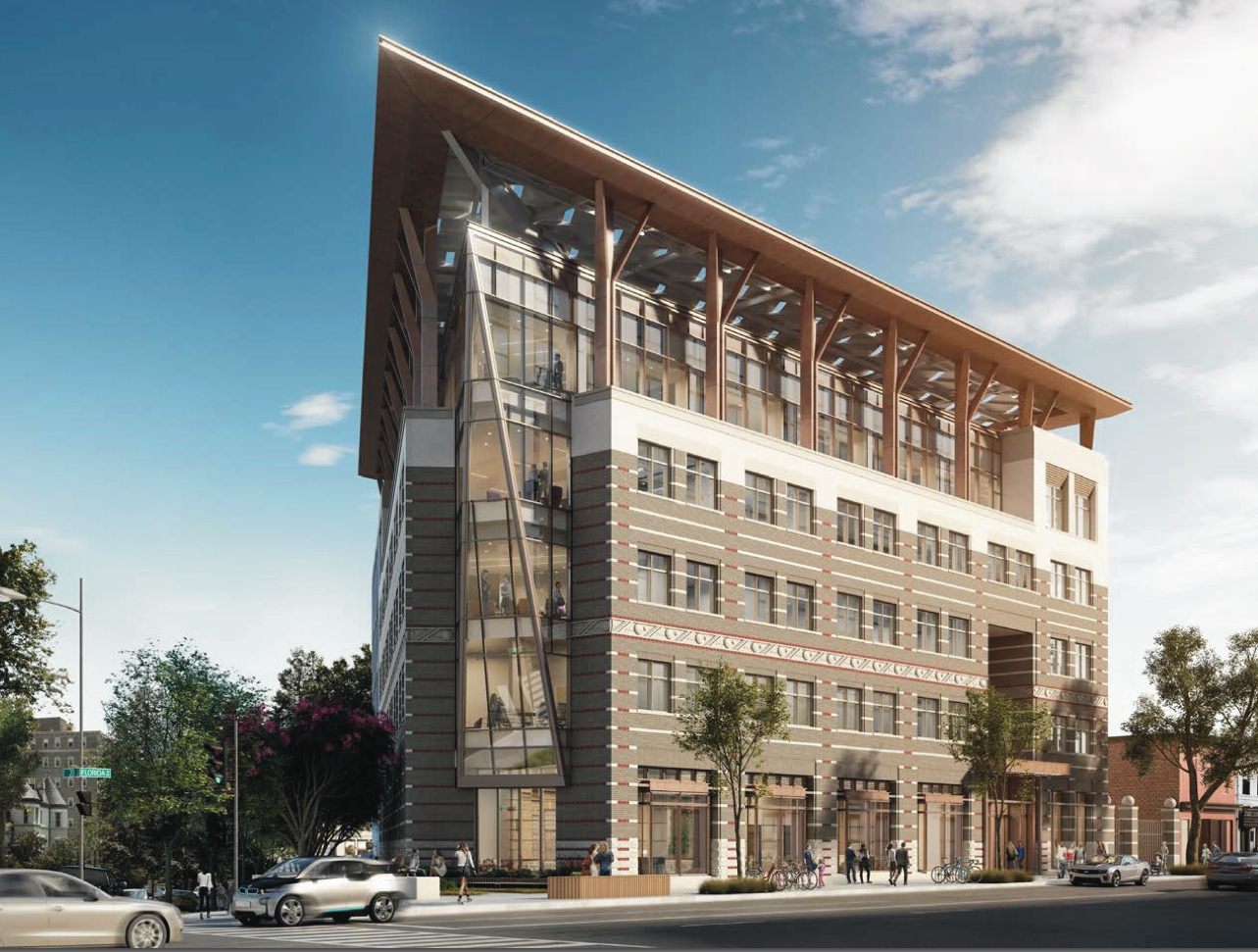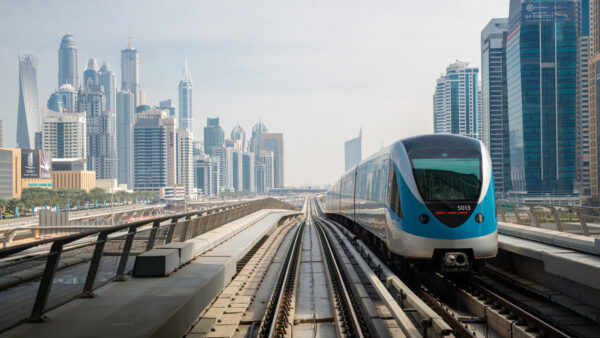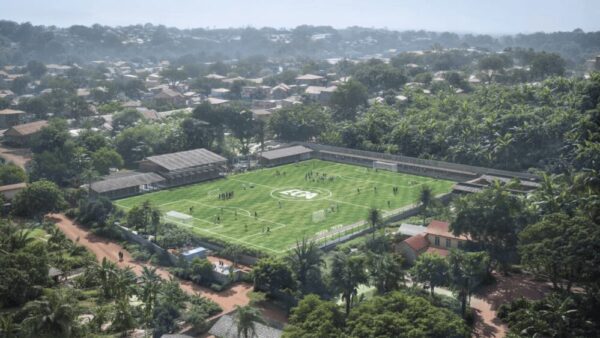
Guilherme Almeida, director of sustainability and high-performance design at architects Hickok Cole, has described the extra time and cost needed to accomplish the groundbreaking net-zero renovation of the American Geophysical Union (AGU) headquarters in Washington, DC.
An extensive stakeholder engagement process, a six-month concept design phase, and an estimated 15% extra cost marked the first such headquarters renovation in the greater Mid-Atlantic region of the US, he said.
The result is a building that generates more energy than it consumes and scores in the top 5% of more than 110,000 LEED projects in the world.
Almeida spoke at last week’s “Journey to Net Zero” webinar, part of the Global Construction Summit 2023, organised by GCR and the Chartered Institute of Building, supported by PlanRadar and Buildots.
- Watch the webinar for free here. It’s worth one hour’s CPD credit for those who watch it before 21 March.
The building powers itself by solar, uses 77% less water, and recovers thermal energy from its wastewater.
“There were upwards of 50 sustainable strategies that we had conversations about,” Almeida said.
“Some of them we dove deeper and did white papers with our MEP engineer to analyse whether they were the right strategy for this particular project, and ultimately we settled on 20 or so strategies.”
Almeida said the building’s high-performance systems cost about 15% more than an average LEED Platinum building.
An exception to that was its sewer heat-exchange system.
“That’s not a technology that had been implemented anywhere in the remote vicinity of our project,” he said. “So there was a significant cost associated with upgrading utility infrastructure.”
Also addressing the webinar were:
- Porie Saikia FCIOB, head of environment, energy and sustainability at the Metropolitan Transportation Authority of New York;
- Matthew Black, programme coordinator, Advancing Net Zero, at the World Green Building Council;
- Richard Steer FCIOB, chairman of Gleeds, which is advising on a vast infrastructure programme to mitigate the effects of climate change in Peru;
- Michael Yam FCIOB, president of the Chartered Institute of Building.






